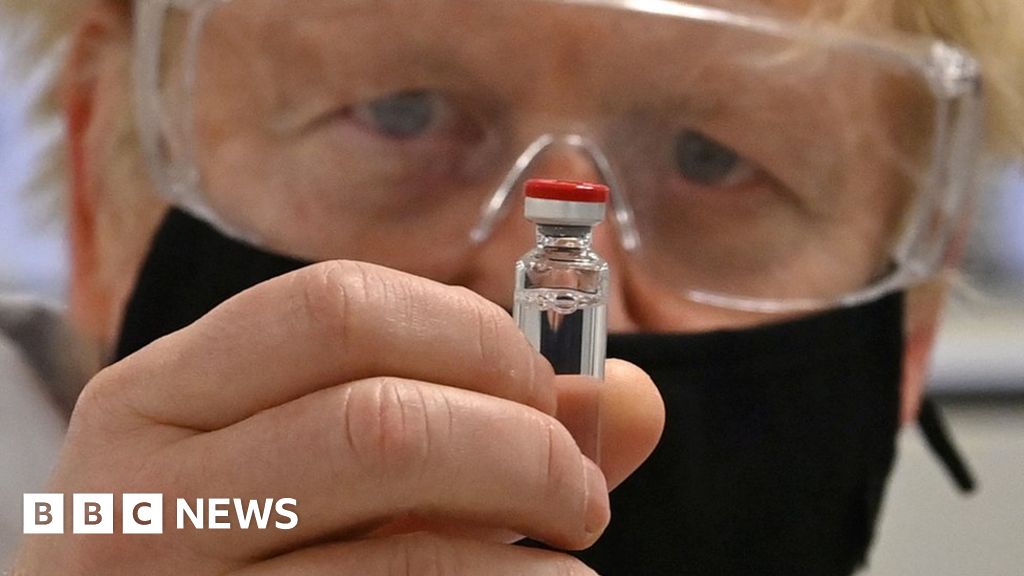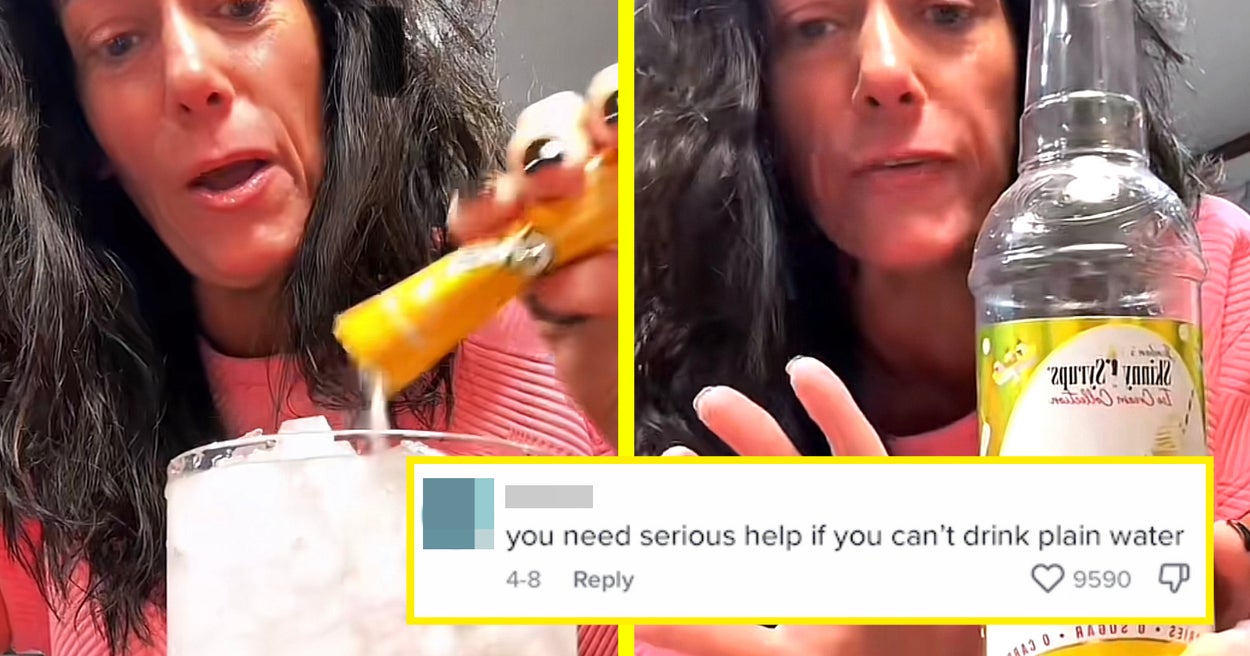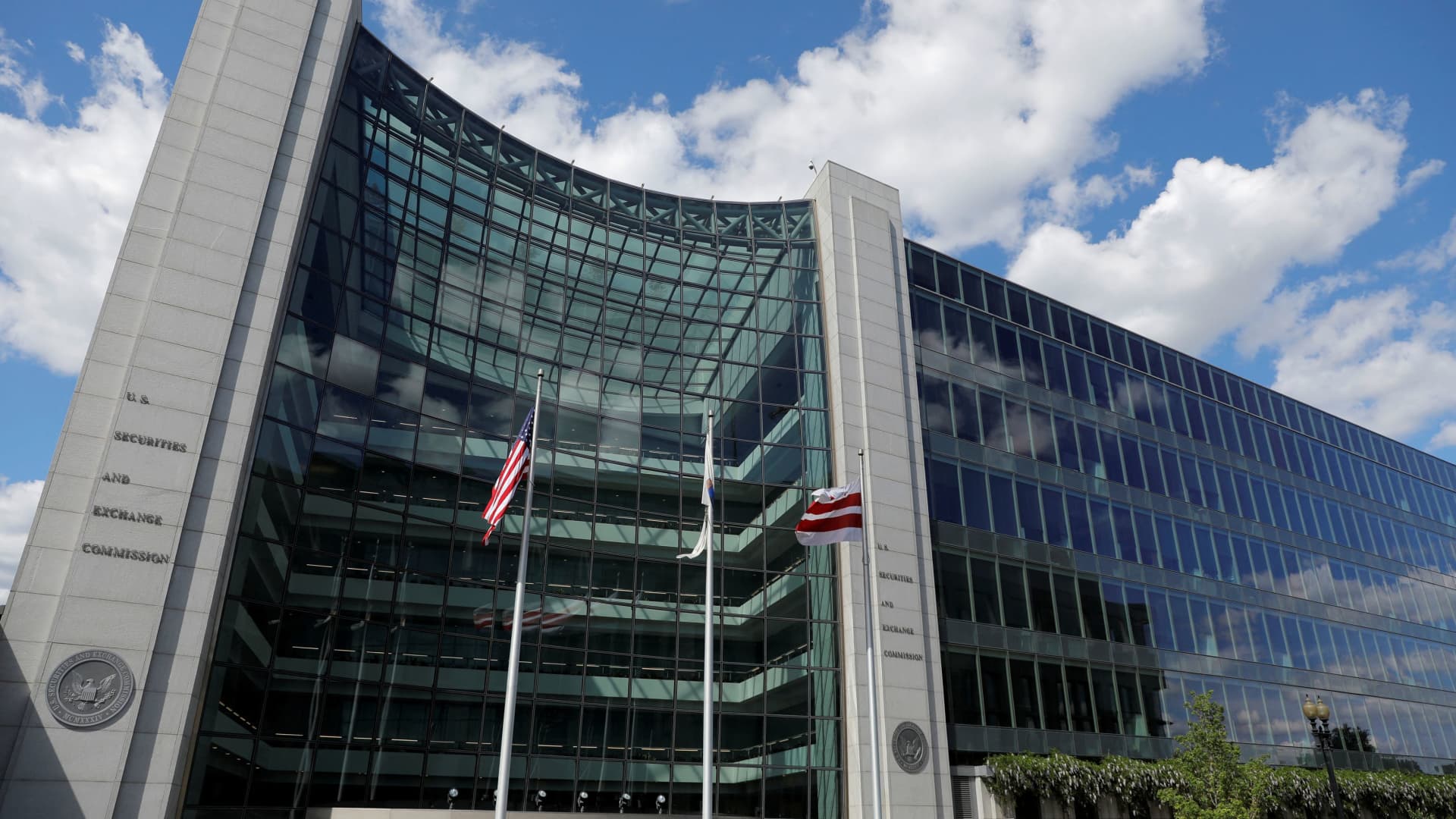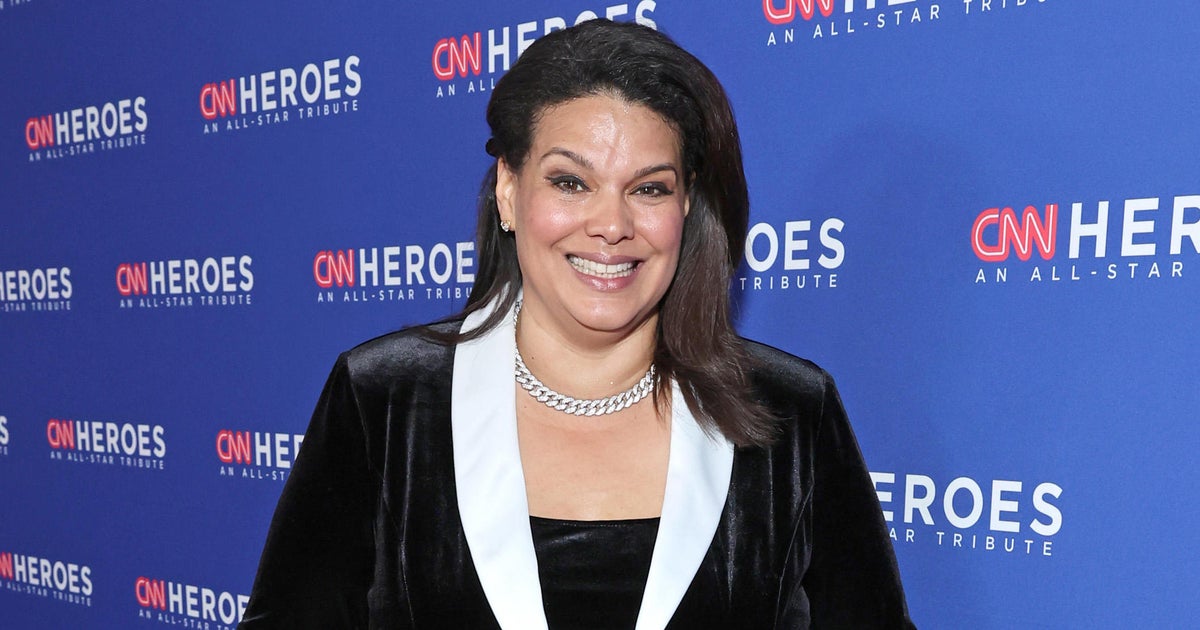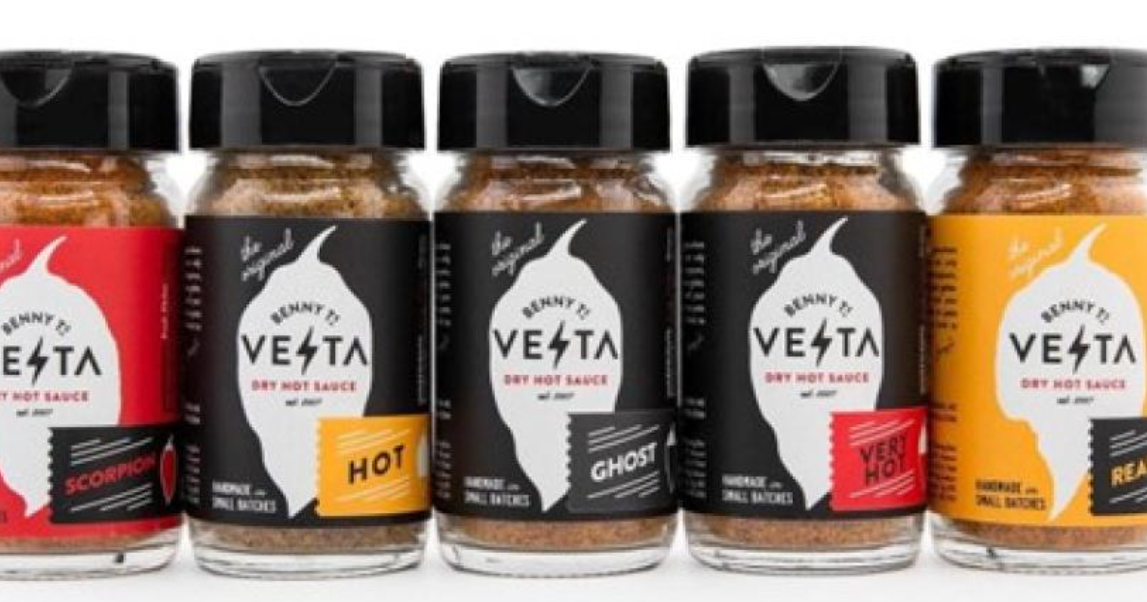Rare Beauty’s Products Have Sparked A Critical Conversation About The Beauty Industry’s Lack Of Inclusivity
Now 18 years old, Noble is still getting used to using a wheelchair. She needs help with most activities like getting into bed, using the bathroom, and cooking. Among the tasks she’s gained enough strength to do on her own is her makeup routine, which she told BuzzFeed News has given her “so much power and joy,” especially since she’s been doing it herself since childhood for cheerleading competitions.
“Makeup, and even just washing my face and brushing my teeth, has really helped my confidence and has made me feel so good,” Noble said. “Just being able to express myself and do my makeup the way that I want to has been amazing.”
A friend gifted Noble some of Guide Beauty’s makeup brushes and she said the products have “changed the game.” Noble struggles most with applying primer and foundation because it’s hard to hold a sponge and tap her face repeatedly for an even distribution. Poor hand control also means it’s easy to poke herself in the eye when applying eye makeup, so she has to rest her elbows on her vanity, hold a brush or pencil with both hands, and then move her head around to apply the product.
“I think pretty often about how easily able-bodied people do things and don’t even think twice about,” Noble said. “But now having so many things stripped away from me, I’ve realized that independence is such a beautiful and amazing gift.”
“Makeup can be a refuge for disabled people.”
As a cosmetologist with an invisible chronic illness, Brittany Wisowaty, 21, has become proficient in masking her disabilities. For about five years, she’s had chronic abdominal pain that makes it hard to eat and acquire enough energy to work or do her own hair or makeup in the morning. She’s been diagnosed with Crohn’s disease, ulcerative colitis, and cyclical vomiting syndrome, among other conditions.
Having worked in salons since she was a teenager, Wisowaty has witnessed firsthand how people with disabilities are treated in beauty spaces.
“People are shuffled in the back door. People can’t get up to the second floor for their massage because there’s no elevator,” said Wisowaty, who’s a patient advocate for the Epic Foundation — a nonprofit that offers support for people with chronic illnesses. “It’s really disheartening to be honest with you. It’s hard to tell a person in a wheelchair that they can’t get their haircut because we don’t have a ramp or that our bathrooms can’t accommodate them so they have to either wear a diaper or figure it out.”
Wisowaty often wants to be that “angry vigilante of justice,” she told BuzzFeed News, but she has to stop herself “because people just don’t understand. We have to make people aware that there are others who don’t have access to beauty but want and deserve it.”
In the grand scheme of things, people with disabilities aren’t seen as profitable, Wisowaty said, but a look into Gen Z and millennials’ interests prove otherwise: “They have the highest buying power in this industry and they’re interested in a more conscious capitalism — they are more willing to buy products if they feel like there’s a greater good behind it.”
When makeup brands make their products more accessible, they’re acquiring loyal customers that give them free publicity because the disabled community will “shout it out from the rooftops,” she added. “They will tell everyone because they found something that works for them.”
That’s why Rare Beauty has been “going absolutely viral” on TikTok, Wisowaty said. “They’ve been so thoughtful in their design process so it sets them apart from other brands.”
“As a disabled person myself, that’s where my love of beauty started,” Wisowaty said. “It was almost a shield of armor to protect myself from the way people viewed me, because maybe I couldn’t control what they thought of me in terms of my disability, but that was something I could control.”
Her goal is to work with beauty salons and help make their products, employment, and spaces more accessible. Ultimately, she would like to open her own salon that will give people with varying disabilities “the services they deserve at a reasonable price.”
“Engaging with the beauty industry can be extremely valuable when you live in a world that makes you feel so different,” Wisowaty said. “Makeup can be a refuge for disabled people.”


